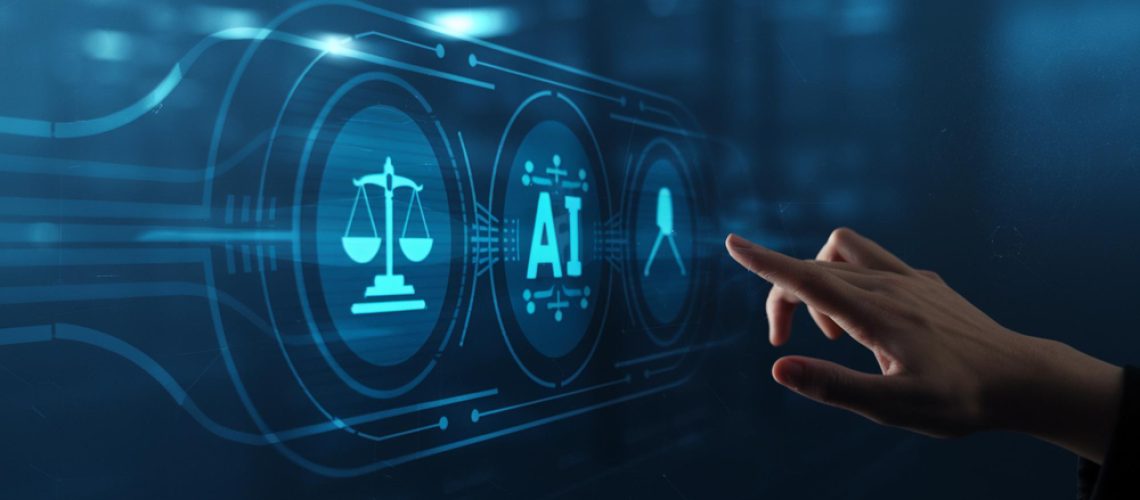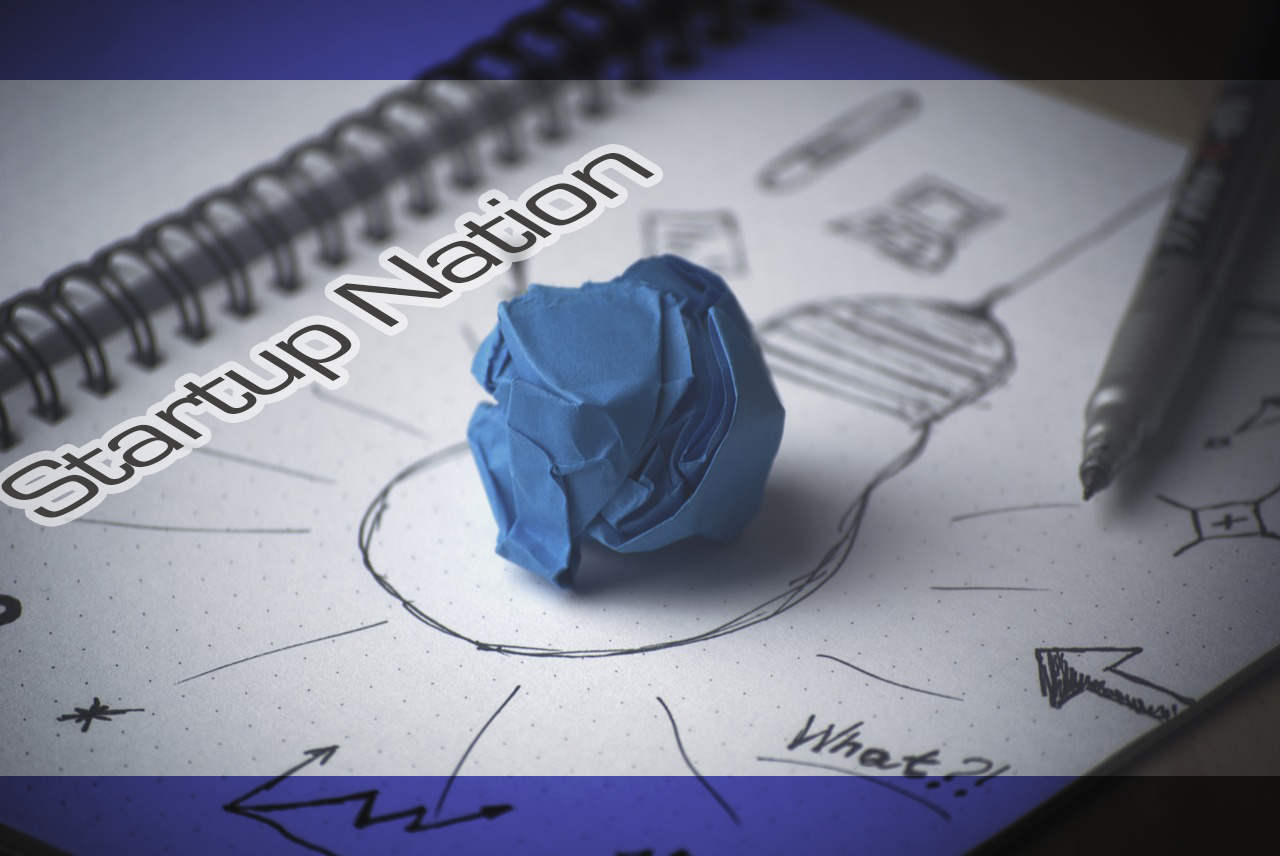
Lillian Sherman
In the wake of artificial intelligence, industries are assessing how best to leverage this technology for their benefit. Additionally, employees and students fear that their jobs may become obsolete from these technological advancements.
Whether it is industrial workers or the healthcare and the legal sectors – AI is shaking things up. In particular, AI has rapidly made its way into the legal sector.
Whether it’s through document automation or client facing chatbots, this technology has become heavily intertwined with the legal profession. Over the past year, it has become increasingly evident that legal professionals can use AI to greatly enhance their efficiency. More importantly, clients are beginning to recognize and prioritize this efficiency, often favoring firms that embrace advanced technology.
While it has become blatantly clear that the legal sector will shift due to AI, Carey Lening, a legal tech consultant, interviewed by Forbes in 2025, notes that the legal sector has always adapted to change.
More notably, automation and increasing efficiency via technology is welcomed by the legal community. From the introduction of fax machines and word processors to the rise of AI, technology has consistently made the legal sector more efficient, not replaced it.
Therefore, it is important to recognize that while the adoption of AI represents a major shift, the legal sector has been adapting to and benefiting from technological advancements for decades.
One way in which AI is significantly improving efficiency for lawyers is in the drafting process. AI offers valuable support in drafting legal documents, a process that typically demands significant time and effort. As such, productivity can be increased significantly.
Furthermore, AI can perform legal research allowing legal professionals to quickly access information. Less time spent on research and drafting means that legal professionals may have more time to prioritize their physical or mental health – something that is often forsaken for busy lawyers.
Additionally, clients may also appreciate increased efficiency as lawyers charge through billable hours. Faster work means that clients will pay less in legal fees. Although increased efficiency offers significant advantages to both lawyers and clients, the use of AI in legal work still presents some drawbacks.
Although AI can speed up legal processes, it still requires careful human oversight. More importantly, it demands the specialized knowledge that only trained lawyers in the relevant field can provide.
In other words, clients cannot rely solely on AI to meet their legal needs, and neither can lawyers. When lawyers rely on AI tools, they must ensure that the final work properly reflects the complexities of legal document drafting, as AI generated content can often be inaccurate or error prone. It is crucial that individuals and legal professionals utilizing AI verify that the results are accurate and capture the nuanced requirements of legal drafting and research.
Now that we have addressed how AI is being used in the legal industry, including its advantages and drawbacks, the next portion will explore how the use of AI may shift current legal structures and norms including salaries and wages for legal professionals. First, it is important to note that like many other professions, lawyers are concerned that AI may ‘take their jobs,’ or at the very least, change the current structure they are used to.
The way things are looking right now point to the ladder being a more accurate prediction of the next few years. Notably, an article provided by Artificial Lawyer highlights a shift over the last ten years that points to law firms having fewer junior associates and more senior lawyers.
This means that the traditional legal structure of there being more junior lawyers than senior, may cease to exist. Artificial Lawyer suggests that the implementation of AI may only bolster this trend, however they note that the full impact of AI on firm structure is not available yet.
Legal professionals can also take steps to prepare for the rise of AI by gaining skills and knowledge that will make them more valuable to employers. According to PWC’s AI Job Barometer from 2024 there is a 49% wage premium for lawyers who have AI skills. This statistic represents a promising future for legal professionals who can adapt to technological advancements and leverage those skills when looking for employment.
To remain competitive, legal professionals must keep pace with advancements in AI and technology and position themselves as tech-forward assets to their firms or organizations. Firms are increasingly seeking professionals who can integrate AI into their practice to drive efficiency, innovation, and profitability, meaning that those who invest in AI literacy today will be well-positioned to command higher salaries and ultimately increase their earning potential.







